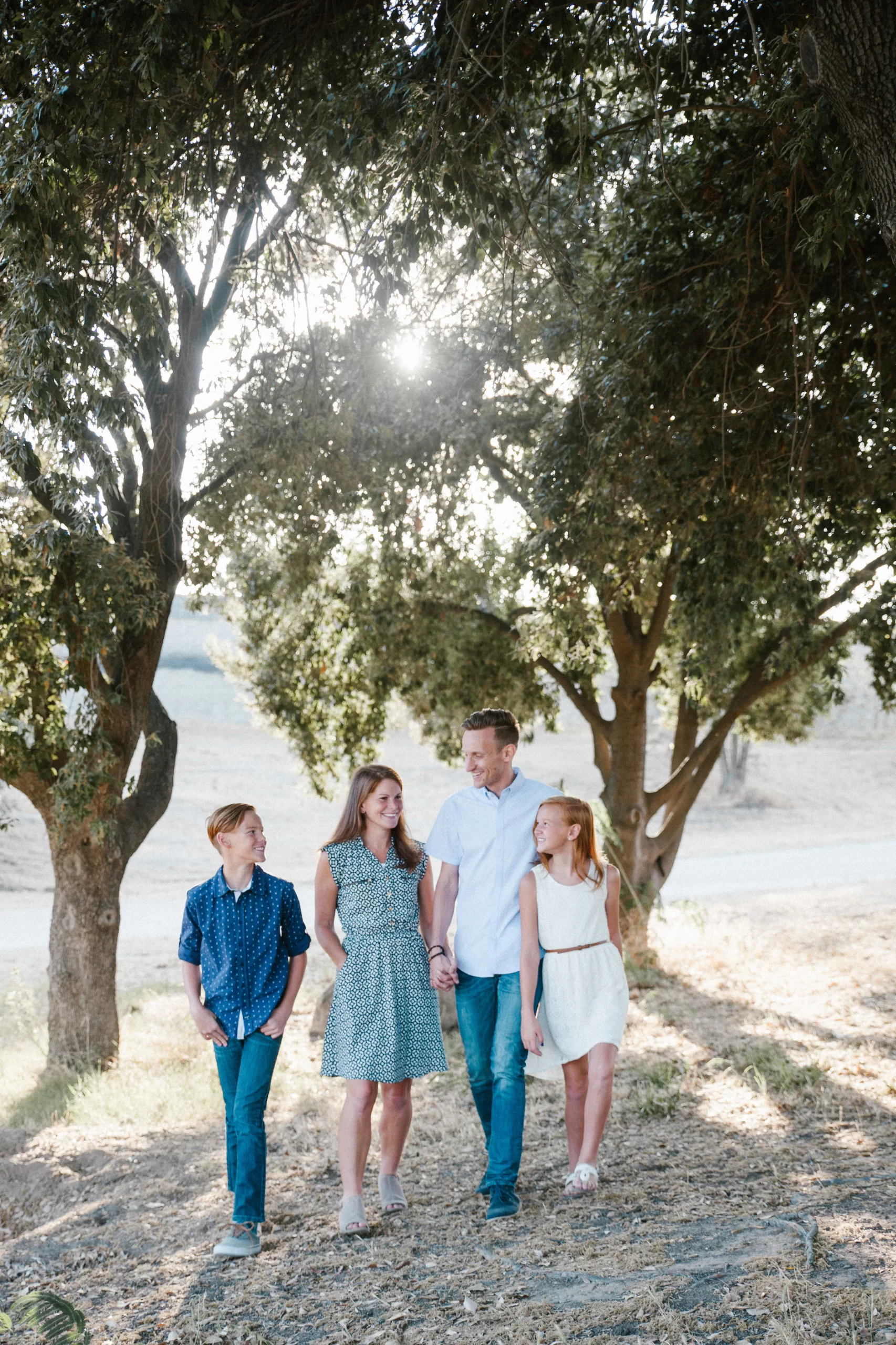Free Shipping Over $95

Teaching Children to Respect the Environment: A Guide for Parents
As parents, we have a vital role in shaping our children’s attitudes and behaviors towards the environment. Teaching children to respect and care for nature from an early age not only benefits the planet but also instills a sense of responsibility in them as future stewards of the Earth. By fostering a connection with nature and introducing them to sustainable practices, we can empower our children to become environmentally conscious individuals. In this guide, we will explore practical tips and engaging activities to teach your children about environmental conservation and nurture a lifelong respect for the environment..
Lead by Example:
Children learn best by observing their parents’ actions. Model environmentally friendly behaviors such as recycling, conserving energy and water, and practicing sustainable habits at home. Show them that you value and respect the environment, and they are likely to follow suit.

Connect with Nature:
Incorporate sustainable habits into daily life, such as turning off lights when not in use, turning off the faucet when brushing teeth, and recycling waste properly. Explain why these actions are important for the environment.
Teach the Importance of Conservation:
Explain to your children why it is important to conserve resources and protect the environment. Discuss concepts such as recycling, reducing waste, and preserving biodiversity in an age-appropriate manner. Help them understand how their actions can make a positive impact on the planet.

Involve Them in Eco-Friendly Practices:
Include your children in eco-friendly practices around the house. Assign them simple tasks such as turning off lights when not in use, sorting recyclables, or helping in the garden. By involving them in these activities, they will develop a sense of ownership and responsibility towards the environment.
Engage in Hands-On Activities:
Organize fun and educational activities that promote environmental awareness. Plant a garden together, build a birdhouse, or start a compost bin. These hands-on experiences not only teach children about nature but also provide a sense of accomplishment and connection to the environment.

Read Books and Watch Educational Content:
Explore children’s books and watch age-appropriate documentaries or shows that focus on environmental themes. These resources can spark discussions about the importance of protecting the environment and inspire children to take action.
Encourage Responsible Outdoor Behavior:
Teach your children to be responsible outdoor enthusiasts. Emphasize the importance of leaving no trace, respecting wildlife, and following park rules. Instill a sense of responsibility for keeping natural spaces clean and litter-free.
Volunteer for Environmental Causes:
Engage in volunteer activities as a family to support environmental causes. Participate in local beach cleanups, tree planting events, or community gardens. These experiences provide opportunities for children to see the positive impact of collective action and instill a sense of community involvement.
Foster a Sense of Wonder:
Encourage your children to explore and ask questions about the natural world. Foster their curiosity by allowing them to investigate insects, observe wildlife, and learn about different ecosystems. Help them develop a deep appreciation for the beauty and intricacies of nature.
Encourage Sustainable Choices:
Teach your children about making environmentally conscious choices. Discuss the importance of buying local and organic products, reducing single-use plastics, and opting for eco-friendly alternatives. Encourage them to think critically about the environmental impact of their choices.

